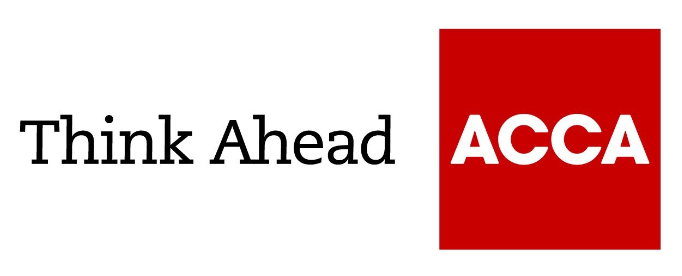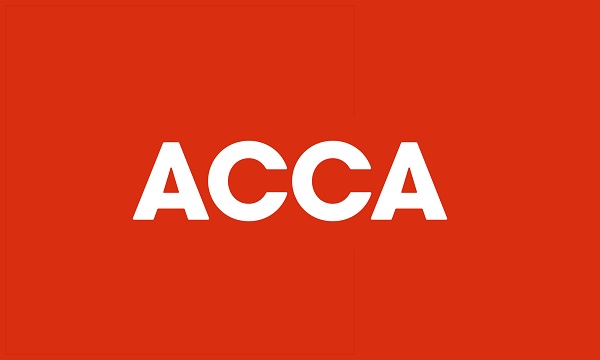ACCA commends FRC’s proposed changes as the accountancy body supports major overhaul of code in light of exponential change and disruption facing companies.
High quality corporate governance drives performance and accountability. The changes proposed in the Financial Reporting Council’s (FRC) Corporate Governance Code Consultation, will support companies in facing today’s challenges and doing so in a way that is transparent to all of their stakeholders, according to ACCA (the Association of Chartered Certified Accountants), the leading global accountancy body.
Maggie McGhee, executive director for strategy and governance at ACCA, said:
“ACCA commends the FRC for the changes set out in the draft revised Corporate Governance Code. These revisions should deliver more outcomes-based reporting. Corporate culture will be crucial if the proposed revisions are to drive change and add value. The roles, skills and composition of the board are crucial factors in influencing the behaviours and mindsets needed to meet the organisation’s objectives.”
In the light of the recent speculation that the UK government may be shelving plans for legislation in support of audit and corporate governance reform, key changes in this consultation are even more crucial to make boards more active in building resilience and reporting on how they do this.
Mike Suffield, director of policy and insights at ACCA, said:
“We agree with the overarching purpose of these changes to encourage companies to provide more transparency over their systems of risk management and internal controls and how effective they are in practice. In the context of the increasing importance of non-financial reporting, it is essential that boards are tasked with ensuring the continuous monitoring of the organisation’s governance framework, and that the process for doing so is clearly defined and communicated.”
Corporate governance challenges were identified by ACCA members from the onset of the Covid-19 pandemic and these issues have been exacerbated by the need for extra resources to be invested and by the exponential change and disruption which organisations are facing.
Maggie McGhee said:
“This is the right time for a full review and update of the Code. The FRC’s recommendations should help give stakeholders and shareholders more insight into whether what the companies say in their statements and annual reports is, in fact, what is happening in practice.”
ACCA is calling on the FRC to ensure companies disclose the methodology and results of assessments so shareholders and stakeholders can ensure that companies’ purpose, value, strategy and risk assessments are aligned.
Mike Suffield said:
“The debilitating misalignment we found across all industries and regions in our recent risk culture study was largely due to blind spots and failures in governance. Boards must ensure continuous monitoring of the governance framework and that the process for doing so is clearly defined and communicated.”
ACCA supports the UK Government’s objectives to enhance the Code through:
- Setting out a revised framework of prudent and effective controls to provide a stronger basis for reporting on and evidencing their effectiveness.
- Improving the functioning of comply-or-explain, taking account of recently published FRC research and reports.
- Making necessary revisions to reflect the responsibilities of the board and audit committee for sustainability and ESG reporting, and associated assurance in accordance with a company's audit and assurance policy.
- Updating the Code to ensure that it aligns with changes to legal and regulatory requirements as set out in the Government's response to the White Paper, including strengthening reporting on malus and clawback arrangements.


















